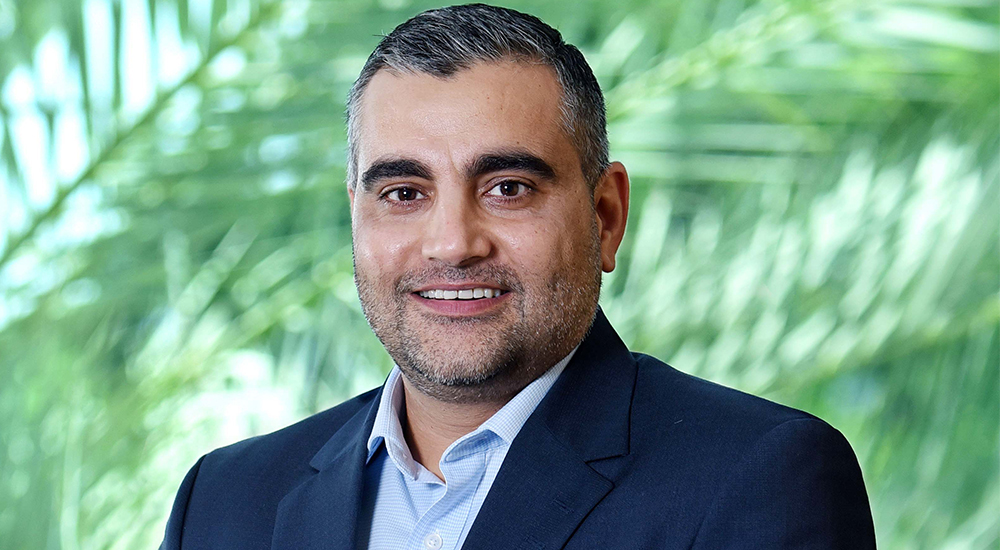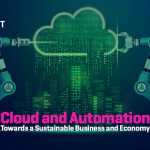Service-based products will become a focus

It is evident that organisations are primarily looking for efficiencies in all that they do and optimising existing assets. To support this, the focus will continue on leveraging their digital investments data, reporting and resource planning capabilities within all departments of the organisation. In addition, there will be a drive towards measurements based around environmental, social and governance ESG as a long-term business strategy and value creation, with rising stakeholder interest in ESG performance. Needless to say, network and cyber security will continue being a priority.
With continuous developments taking place in infrastructure and the introduction of new technologies, data generation is increasing tremendously. This increase will see at least 75% of organisations begin to rely heavily on AI and ML to keep pace with digital and business transformation. Organisations rely on AI and ML to extract optimum value from data, enabling accurate insights, predictive analytics, workflow automation, and helping to inform critical business decisions. To support this model, businesses will demand that new solutions include embedded AI and ML capabilities.

What is also a growing trend since the pandemic is higher levels of service innovations with capabilities such as remote monitoring and diagnostics working alongside remote or virtual assistance. It is important to ensure that service is designed and delivered to have consistent positive customer experiences. Therefore, service-based products and solutions will become a huge focus with a lot of efforts put in during the design and R&D stages.
Larger organisations are leading the way with their ESG strategies however it is evident is that small and medium sized companies will be making very focused efforts to achieve net zero carbon emissions. What will also transpire is that larger organisations will support smaller companies by sharing sustainability strategies and data-based insights. And together there will be a joint effort to speed up the rate ESG efforts across business organisations.
Sustainability is key priority for IFS and the company’s goals are closely connected to the customer’s agenda. The company has a multi-pronged strategy to meet customer needs and designed an ESG Application for IFS Cloud which is available inside Microsoft teams. It helps streamline data collection and can demonstrate real-time benefits to the user. IFS aims to put relevant technology into the hands of companies that have chosen to be proactive and innovative in building sustainable business models. Just as in financial performance, companies must take a similar approach to measuring ESG performance.
The latest enhancements of IFS Cloud are designed to help customers accelerate their automation efforts and helps connect them globally across sites, functions, people and assets. It also helps them achieve their ESG goals. This new version allows customers to constantly evolve their solution without the need for major upgrades or migrations and helping them to focus on business transformation.
Data overload comes with its own dangers; however, IFS solutions can help decipher and identify the root cause of malfunctions. The company’s AI and ML solutions provide powerful anomaly detection and pre-empt maintenance programmes that can be initiated and are very effective in the long run.
Key takeaways
- Organisations rely on AI and ML to extract optimum value from data.
- Businesses will demand that new solutions include embedded AI and ML capabilities.
- Sustainability is key priority for IFS and the company’s goals are closely connected to the customer’s agenda.
- IFS designed an ESG Application for IFS Cloud which is available inside Microsoft teams.






